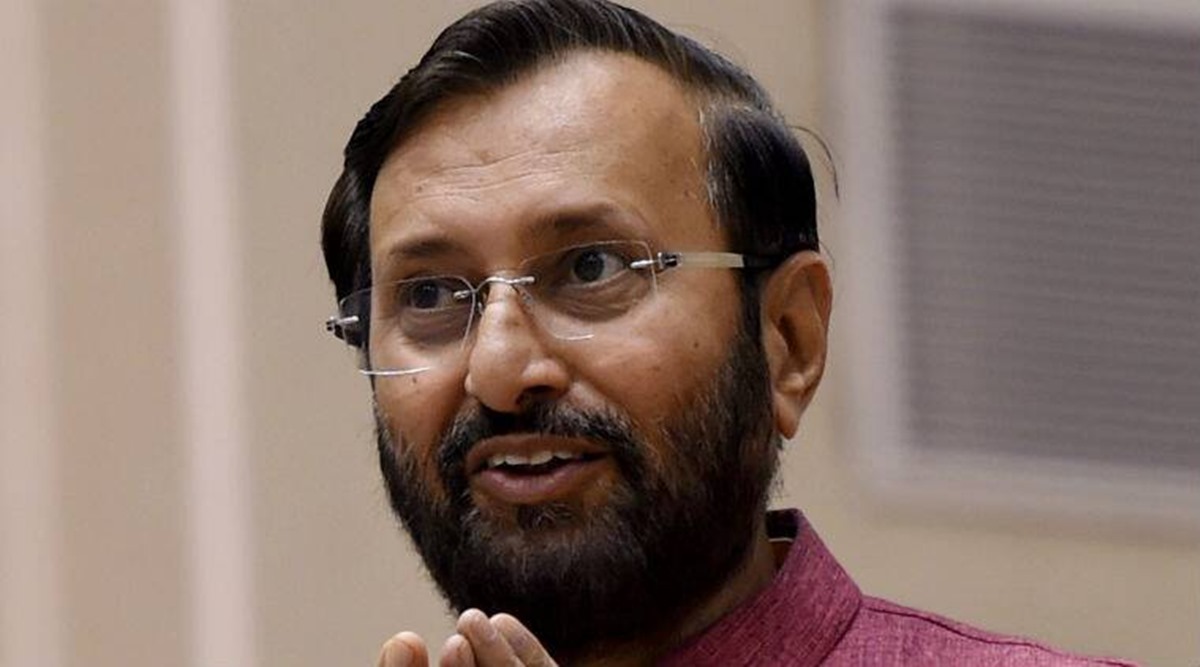
The Union Cabinet on Wednesday approved revised guidelines for Direct-to-Home (DTH) broadcasting services, allowing 100 percent foreign direct investment (FDI) and increasing the license period to 20 years.
The Union Minister of Information and Broadcasting (I&B) Prakash Jaavdekar said: “Due to our I&B guidelines, this field was not receiving the 100% benefit from FDI. Now, as of today’s decision, after changing the guidelines, the guidelines will have the same guidelines as the Ministry of Commerce and will be under 100 percent of FDI. “
Under the revised guidelines, licenses will be issued for a period of 20 years, compared to the current 10 years, and will be renewed for a period of 10 years. The license fee has been revised from 10 percent of gross income (GR) to 8 percent of adjusted gross income (AGR), which will be calculated by deducting GST from GRs.
Also, broadcasters will have to pay the license fee quarterly, instead of paying annually from now on.
The revised guidelines “may also allow DTH service providers to invest for more coverage, leading to increased operations and higher growth, and therefore improved and regular payment,” the government said in a release.
The government has also allowed DTH operators to share infrastructure. “DTH operators, who are willing to share the DTH platform and the transport stream of television channels, on a voluntary basis, will be authorized,” the statement said. “Television channel distributors will be able to share common hardware for their Subscriber Management System (SMS) and Conditional Access System (CAS) applications.”
Sharing the infrastructure by DTH operators, the government noted, “can bring more efficient use of scarce satellite resources and reduce costs borne by consumers.”
In another decision, the Cabinet also approved the merger of four of its film media units (Film Division, Film Festival Directorate, National Film Archives of India and Children’s Film Society, India) with National Film Development Corporation (NFDC) Ltd.
Javadekar said there was “duplication” between some of these organizations. He said: “After joining us, the governance will improve.”
.